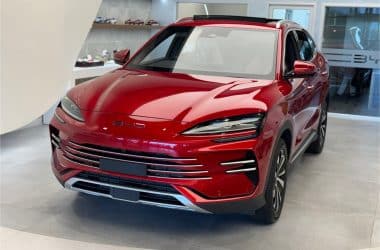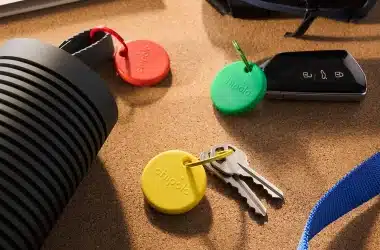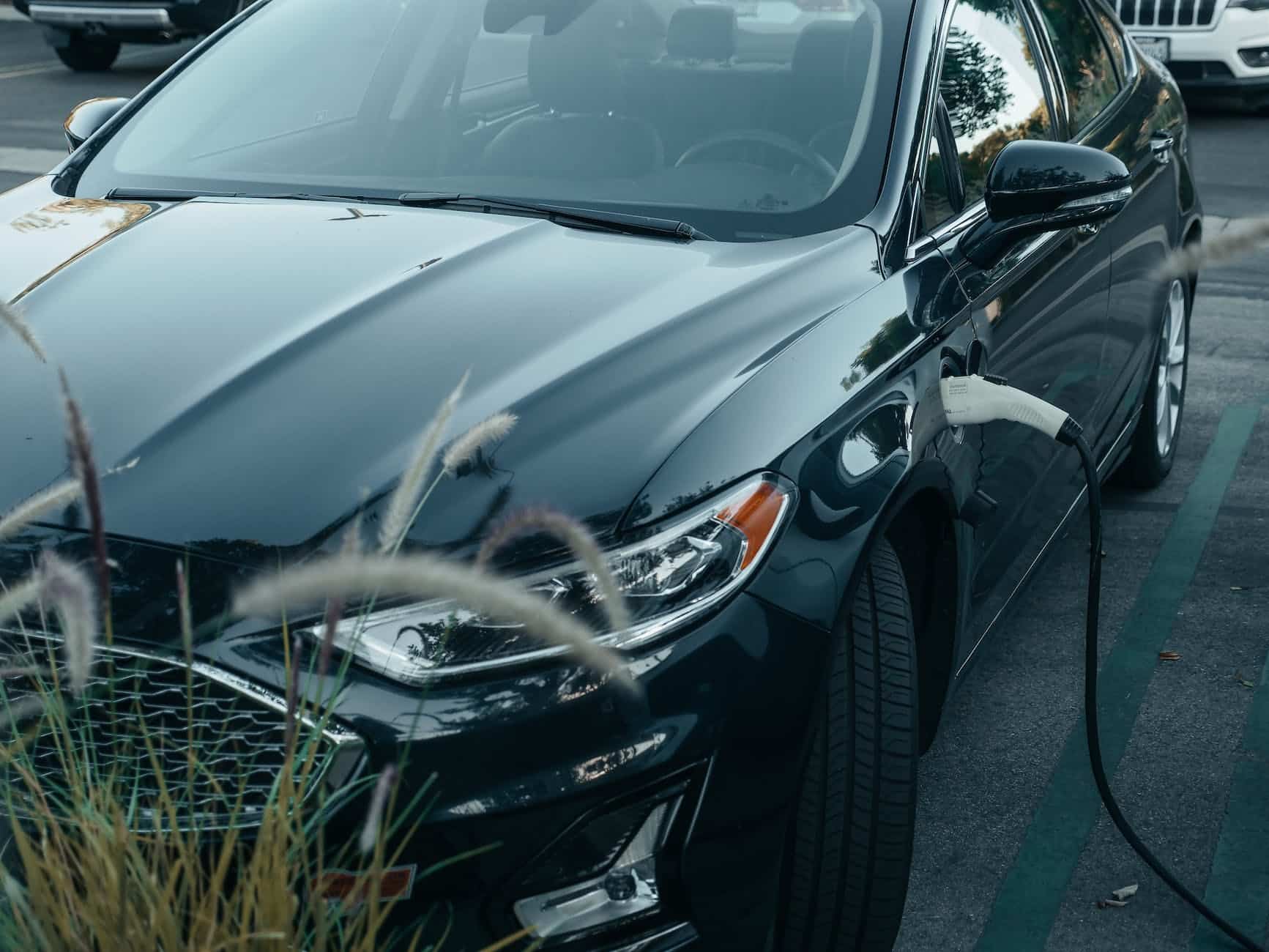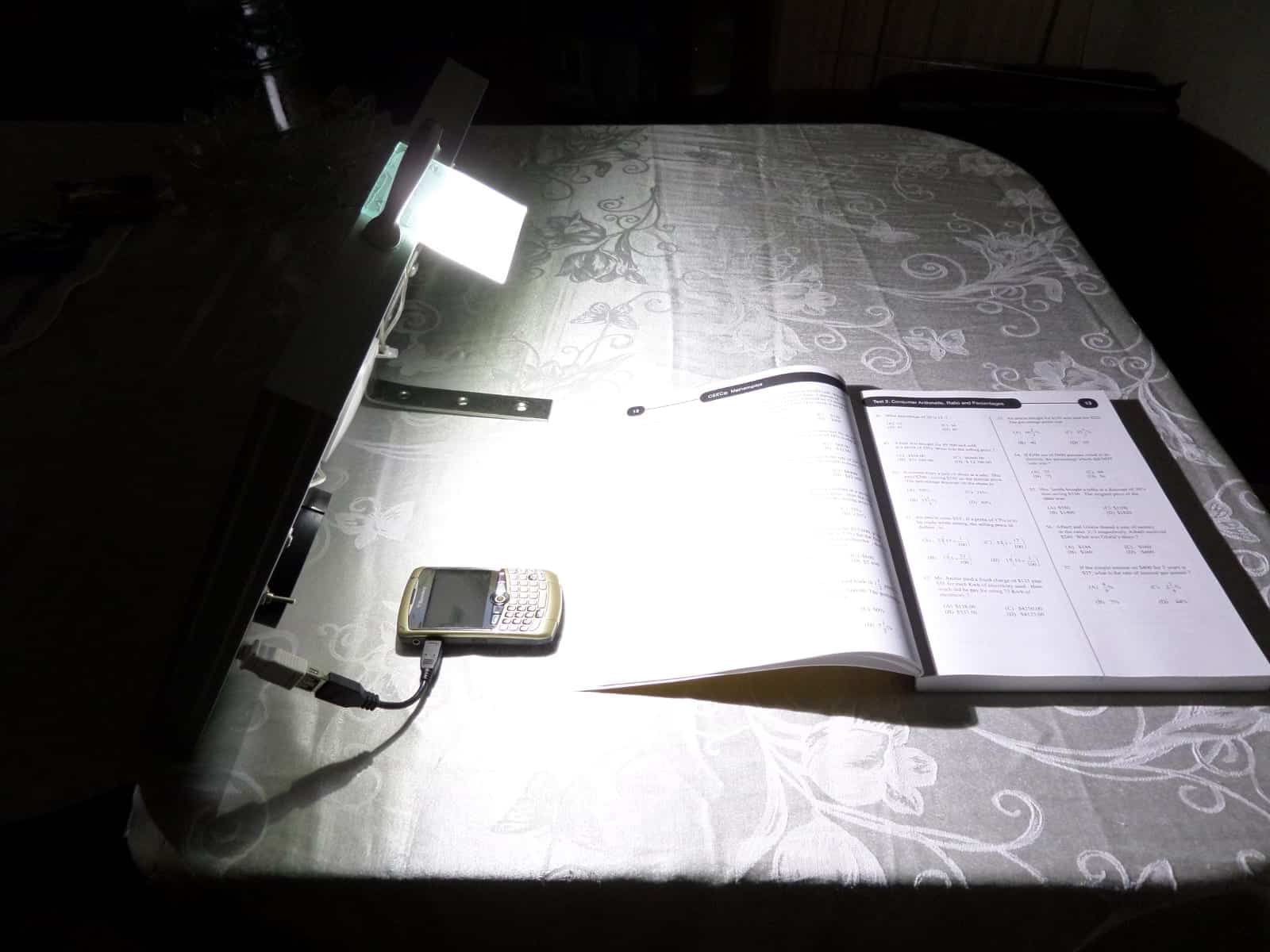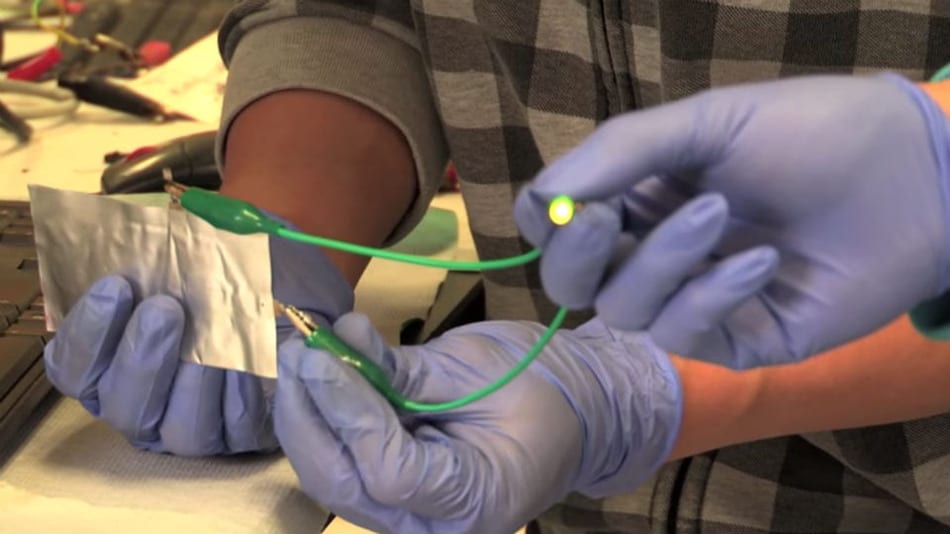The North Tyneside Council — located in Northeast England is launching a project that re-purposes old electric vehicle batteries to build charging stations. This is being done with the help of the European Regional Development Fund (ERDF) and Connected Energy and it will be done using the Killingworth Site depot.
The depot currently employs 1,000 staff and it is equipped with solar-powered EV charging stations and car ports that can produce 600,000 kWh of power per year. It can generate up to 700 Watts of power. However, not all of that power is guaranteed to be used as energy demand fluctuates. This is why energy storage is helpful.
Connected Energy supplies E-STOR battery energy storage systems which are built using batteries recovered from end-of-life electric vehicles. These batteries usually have up to 80% of their rated energy storage capacity, which is more than enough to power an electric car charging station provided that they can acquire the batteries in the quantities required.
A battery recovery concept of this nature could theoretically help electric vehicle owners if they are paid for their discarded batteries or electric vehicles. Paying people for their old batteries would also help the electric vehicle industry because it would provide some confidence to people who are considering switching to an electric vehicle by enabling them to recuperate some of the cost of the battery pack when it is past its useful life.
Connected Energy currently has 30 of these upcycled battery systems installed across the United Kingdom and Europe. However, this will be the first northeastern deployment.


